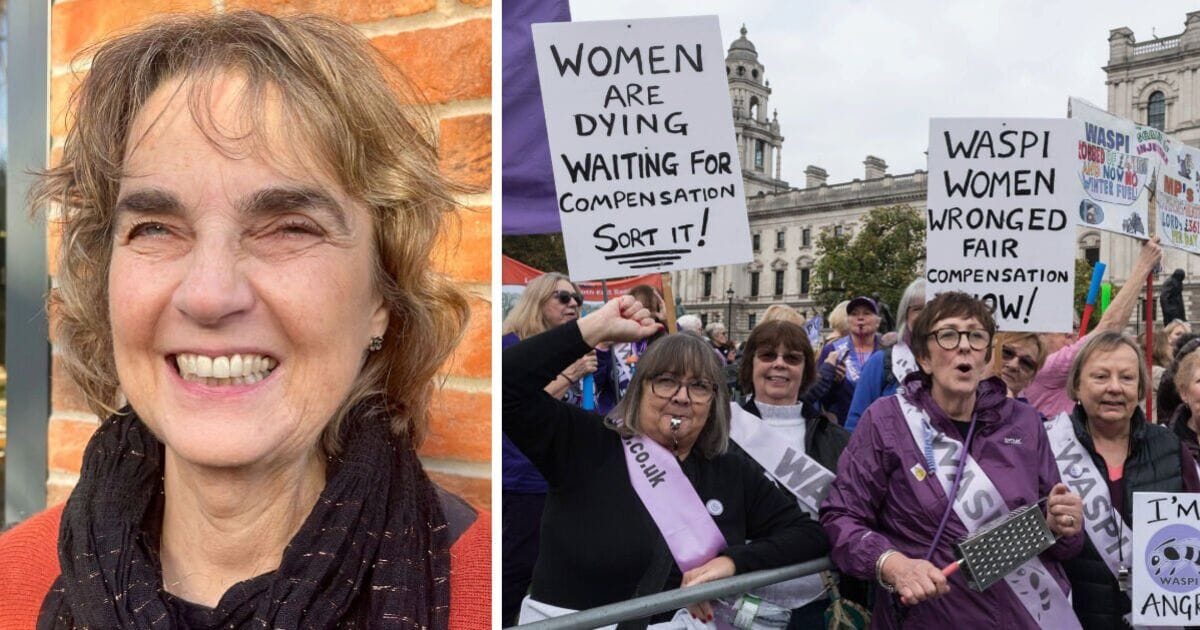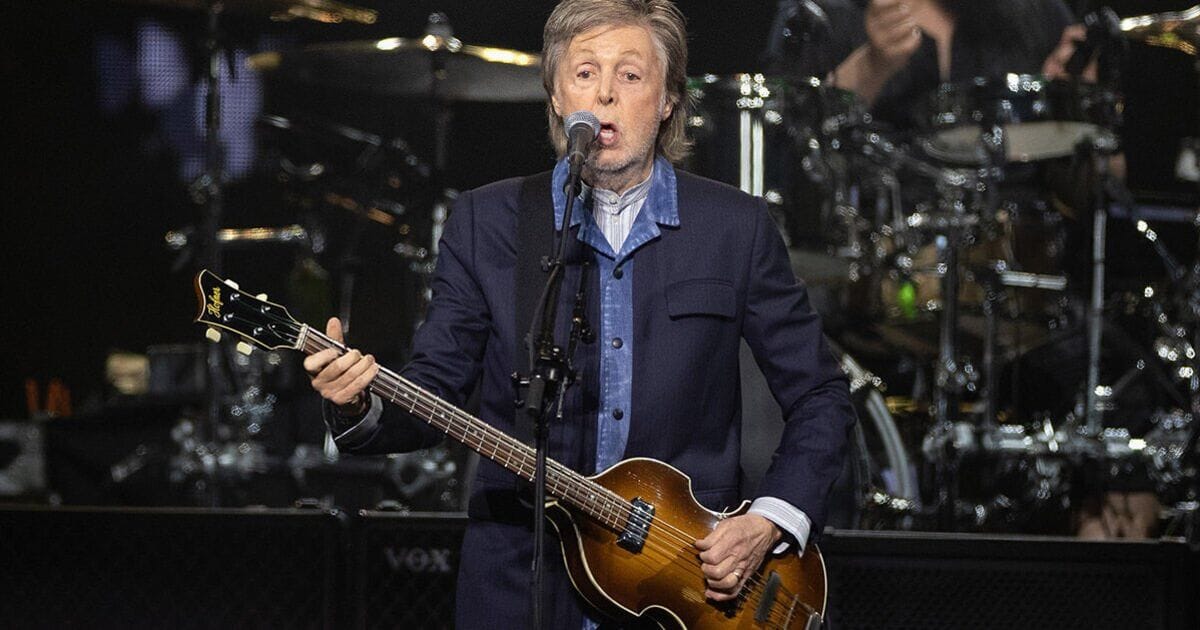The “triple lock plus” promise stands in tatters after the Conservatives suffered crushing defeat to Labour.
Rishi Sunak had previously promised that if re-elected he planned to increase the tax-free allowance for pensioners in line with the triple lock in an effort to prevent stagnation and ensure future rises.
Currently the triple lock means that the state pension increases in line with inflation, average earnings, or a minimum of 2.5 percent if the other two options are lower.
If the triple lock plus were to be introduced then retirees’ tax-free allowance would have also risen in accordance with these metrics.
But Labour has announced that it has no intention of sticking with the proposed triple lock plus.
Jonathan Ashworth, Labour’s shadow Paymaster General, described the policy as “another desperate move from a chaotic Tory party” and that the Conservatives were “torching any remaining facade of its claims to economic credibility” with its announcement.
Tax threesholds are frozen until 2028 which means that with Labour’s decision to stick with the existing triple lock which will boost the sum from the current level of £11,542 per year, it is likely many pensioners using their state pension as their entire income will be pushed into paying extra tax.
This will eat into many retiree’s funds and could ultimately decrease their quality of life if Labour doesn’t uprate the tax-free allowance for pensioners.
Labour may have also abandoned plans to bring back the pensions lifetime allowance after it was abolished in Jeremy Hunt’s Budget last year.
Initially Rachel Reeves, then the Shadow Chancellor, said that a Labour Government would reintroduce the allowance but after receiving some backlash the policy was not included in the Labour Manifesto.
Gary Smith, Partner in Financial Planning at wealth management firm Evelyn Partners, said: “The state pension – at its current full rate of £11,502 a year – will remain on a collision course with the personal allowance, the amount of income which can be earned tax-free each year. That is currently frozen at £12,570 until 2028, a timeline Labour has said it will stick to.
“This raises the prospect that pensioners will soon be taxed on their state pension income, and the OBR has forecast that the state pension will overtake the personal allowance level by 2027. But if inflation or wage growth gives an unexpected boost to the state pension, this could happen sooner.
“That would present the Government with a major policy quandary, possibly on the eve of the next general election shining a harsh light both on the affordability of the triple lock and on the stealth tax rises effected by the long-term freeze in personal tax thresholds.”
David Piltz, CEO of Gallagher’s Benefits & HR Consulting Division in the UK, said: “The government must balance supporting pensioners without letting costs spiral, especially during periods of economic instability. But regardless of who wins the election, pensioners will be pleased to know they can count on the triple lock for the next cycle.
“The new “triple lock plus” proposed by the Conservative Party will raise the nil-rate tax threshold for pensioners and has upped the ante, meaning most pensioners won’t pay tax on their basic state pension, even if it increases.
“While this seems positive, it raises concerns about intergenerational fairness if worker tax thresholds don’t rise simultaneously and risks making state pensions unsustainable.
“The problem is that reforming the system is politically sensitive with limited options. A double lock system, tying increases to average earnings or inflation, could protect pensioners from rising living costs while stabilizing the economy.
“However, there’s no guarantee this will keep pensions affordable long-term. Alternatively, capping annual pension increases could help manage spending while continuing to support pensioners.”










